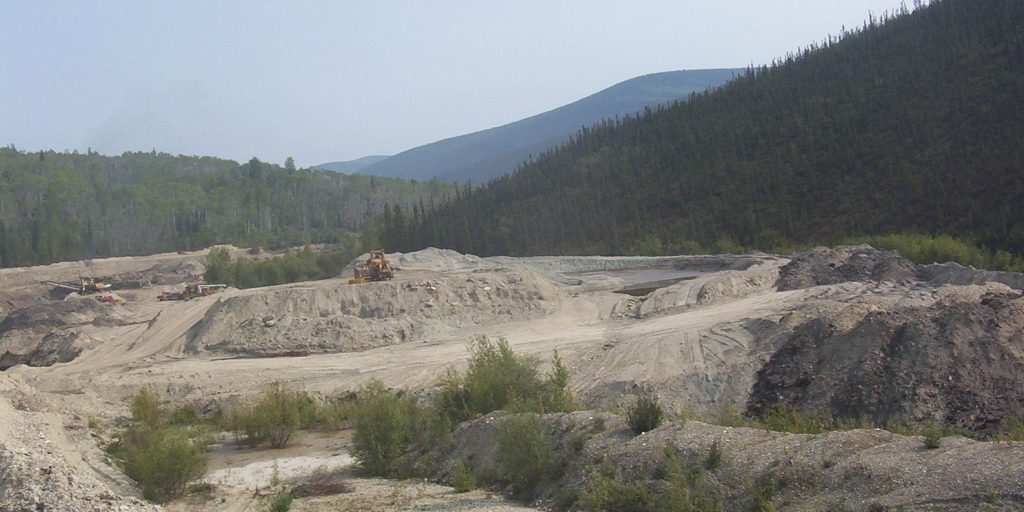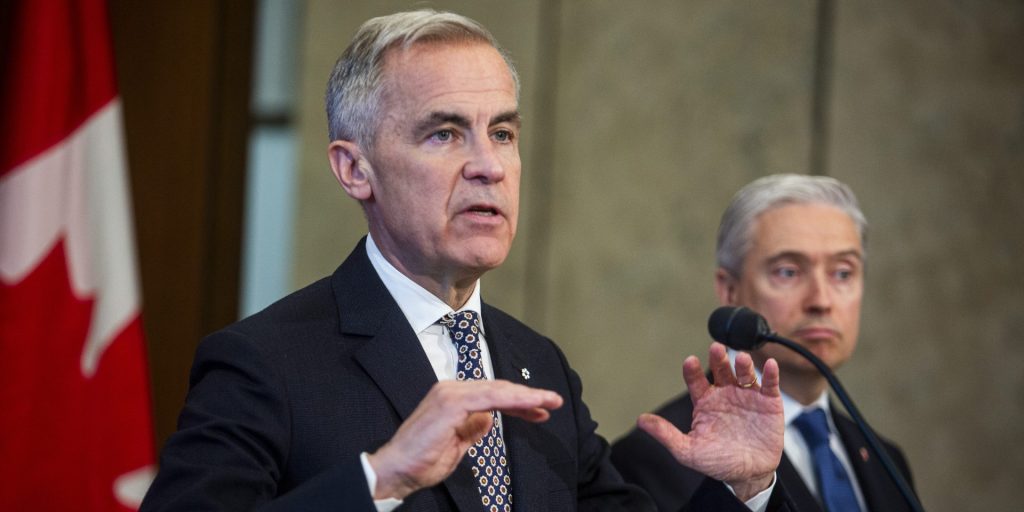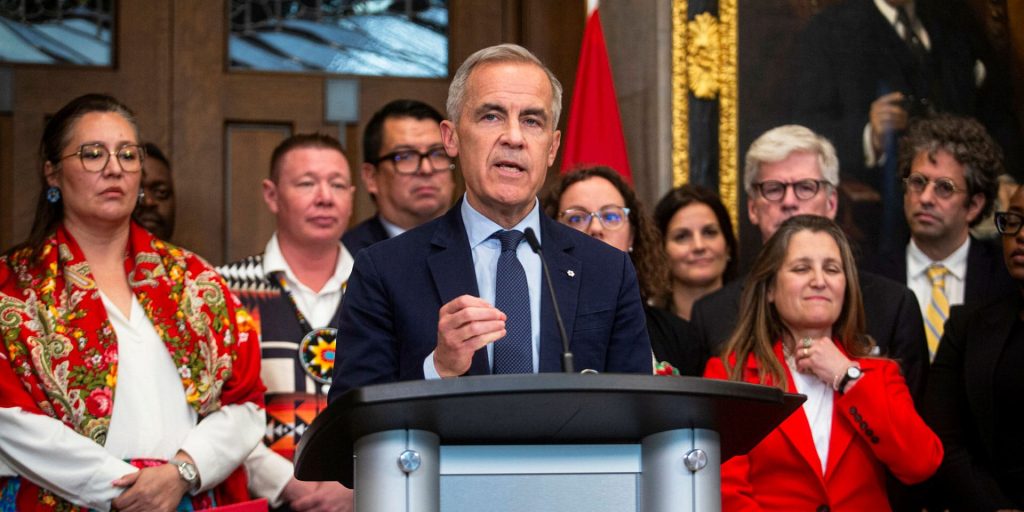Bill C-5 is a turning point in Canadian history

Canada must adapt to a rapidly changing world order. Military alliances are becoming more critical, and global trade and commerce are undergoing profound transformations.
High engagement with oil and gas industry a ‘bad look’ for feds, say environmental advocates: ‘pick a lane’

Caroline Brouillette, executive director of Climate Action Network Canada, says Canada is at a moment where climate change and wildfires ‘requires us to pick a lane.’
Why bold infrastructure investments are key to our economic resilience

Due to mounting trade pressures, Canadians have no choice but to make the investments that should have been made decades ago.
Finding open ice: Canada’s future depends on batteries and critical minerals

Lithium, graphite, cobalt, phosphate and nickel are in demand, and this country’s scientists and engineers are world-class in battery innovation. These are areas where Canada can secure a key place in the future global economy, from the auto sector to defence.
Questioning the safe disposal of spent enriched uranium fuel: letter writer
Re: “Remember, enriched uranium can do good: letter writer,” (The Hill Times, July 21, letter to the editor from Jeremy Whitlock). The letter writer fails to mention at least three negative issues concerning the enrichment of uranium. The process of uranium enrichment has resulted in the generation of well over one million tonnes of toxic […]
Bill C-5 revealing itself as a Trojan horse designed to appease Alberta’s fossil fuel interests

Prime Minister Mark Carney is courting First Nations leaders to rally support for Bill C-5, a sweeping piece of legislation that fast-tracks federal approvals for so-called “nation-building projects” like pipelines, mines, and ports. Framed as a tool for economic resilience amid trade tensions with the United States, the bill is rapidly revealing itself as a […]
The economic case for energy efficiency

A made-in-Canada strategy to cut trade risks, support Canadian businesses, and build resilience in uncertain times.
We’re still here. We still say ‘no’

Many of us who fought for the oil tanker ban in northern B.C. to prevent future pipeline proposals are still here, and remain rooted in our love of the land and waters that sustain us.
‘Drill, baby, drill’ is outdated

Renewable energy production is now significantly cheaper—and cleaner—to produce.
Q&A | Ontario First Nations launch court challenge against law fast-tracking major projects

Bill C-5 includes ‘very dangerous’ language that gives ‘sweeping powers’ to cabinet to disregard important laws, says Kate Kempton, the senior counsel for the nine First Nations launching a legal challenge against the new law.

